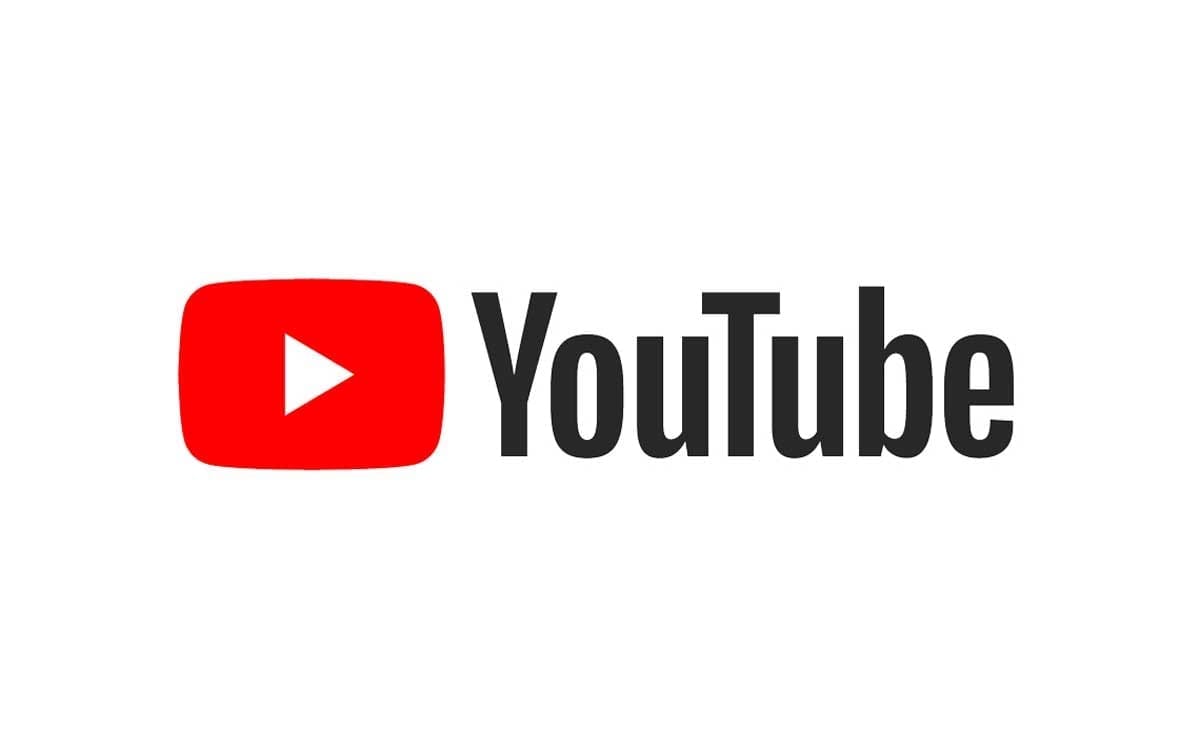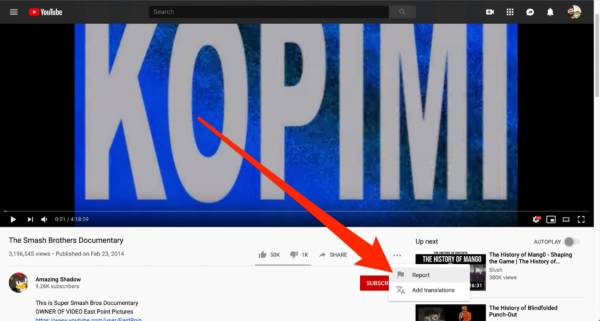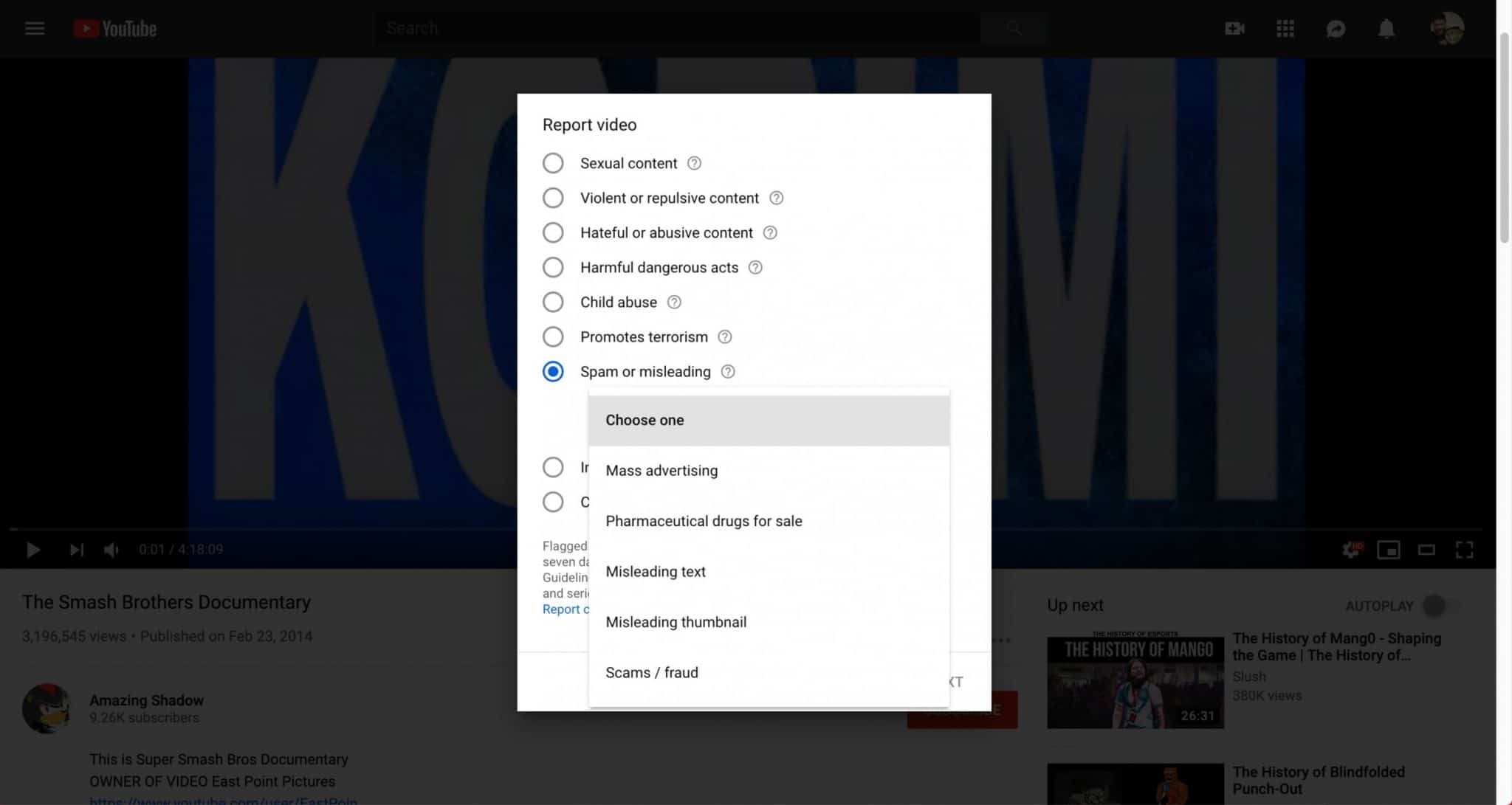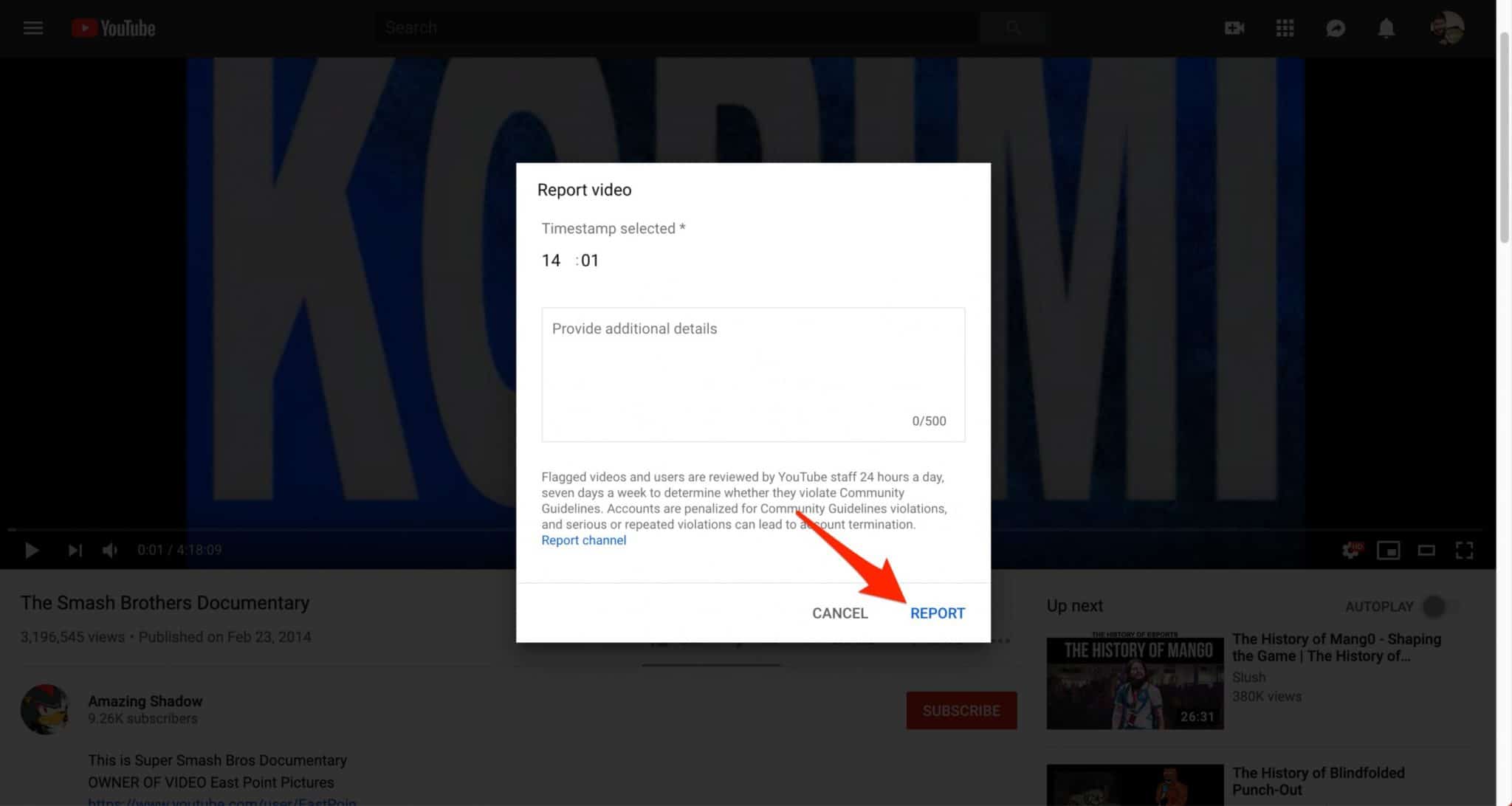YouTube’s rules are not very rigid, however, there are still some regulations that creators have to abide by. If you see a clip on YouTube that you feel is not appropriate or one that is not legal, like a video that promotes hate speech, bad content, libellous, or any other thing that is not proper, it can actually be reported.
Your identity will not be revealed when you report a YouTube video, and the report will be reviewed by YouTube moderators. If the report gets accepted, the person that posted the clip will be informed that the content is under review.
Offenders must beware though because any YouTube account that repeatedly posts inappropriate YouTube clips might end up getting banned from the platform. Lemme expatiate:
How Can I Report A YouTube Video?
- While logged into your YouTube account, head to the offensive clip.
- Tap the 3 dots under the video, to the right of the view count and title, and then tap “Report.”
You Might Also Want To Read- How To Embed A YouTube Clip In Google Slides?
- Choose the main reason you are reporting the clip. For instance, “Spam or misleading.” and then choose a particular reason from the dropdown menu that is visible. If you see offensive links in the clip, tap the box that indicates as such. Tap “Next” immediately you are done.
- Ensure the timestamp where the offensive content happened is marked down, then include any comments to back your report and inform the moderators about what they should deliberate upon.
- Tap “Report” for the confirmation of the report, and then allow YouTube’s moderators to handle the rest.
You Might Also Want To Read- How Do I Download My Own YouTube Videos?
More About YouTube:
YouTube is an American video-sharing website headquartered in San Bruno, California. Three former PayPal employees—Chad Hurley, Steve Chen, and Jawed Karim—created the service in February 2005. Google bought the site in November 2006 for US$1.65 billion; YouTube now operates as one of Google’s subsidiaries.
YouTube allows users to upload, view, rate, share, add to playlists, report, comment on videos, and subscribe to other users. It offers a wide variety of user-generated and corporate media videos. Available content includes video clips, TV show clips, music videos, short and documentary films, audio recordings, movie trailers, live streams, and other content such as video blogging, short original videos, and educational videos. Most content on YouTube is uploaded by individuals, but media corporations including CBS, the BBC, Vevo, and Hulu offer some of their material via YouTube as part of the YouTube partnership program. Unregistered users can only watch videos on the site, while registered users are permitted to upload an unlimited number of videos and add comments to videos. Videos deemed potentially inappropriate are available only to registered users affirming themselves to be at least 18 years old.
YouTube and selected creators earn advertising revenue from Google AdSense, a program which targets ads according to site content and audience. The vast majority of its videos are free to view, but there are exceptions, including subscription-based premium channels, film rentals, as well as YouTube Music and YouTube Premium, subscription services respectively offering premium and ad-free music streaming, and ad-free access to all content, including exclusive content commissioned from notable personalities. As of February 2017, there were more than 400 hours of content uploaded to YouTube each minute, and one billion hours of content being watched on YouTube every day. As of August 2018, the website is ranked as the second-most popular site in the world, according to Alexa Internet. As of May 2019, more than 500 hours of video content are uploaded to YouTube every minute.
YouTube has faced criticism over aspects of its operations, including its handling of copyrighted content contained within uploaded videos, its recommendation algorithms perpetuating videos that promote conspiracy theories and falsehoods, hosting videos ostensibly targeting children but containing violent and/or s3xually suggestive content involving popular characters, videos of minors attracting pedophilic activities in their comment sections, and fluctuating policies on the types of content that is eligible to be monetized with advertising.




